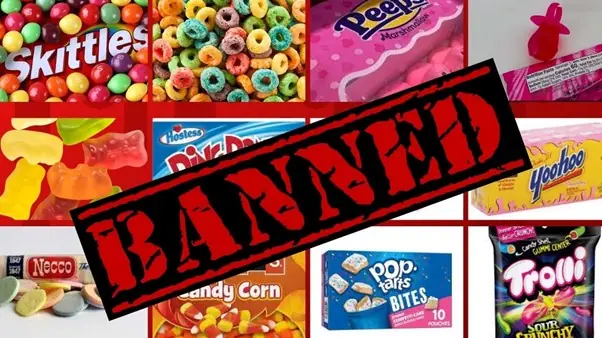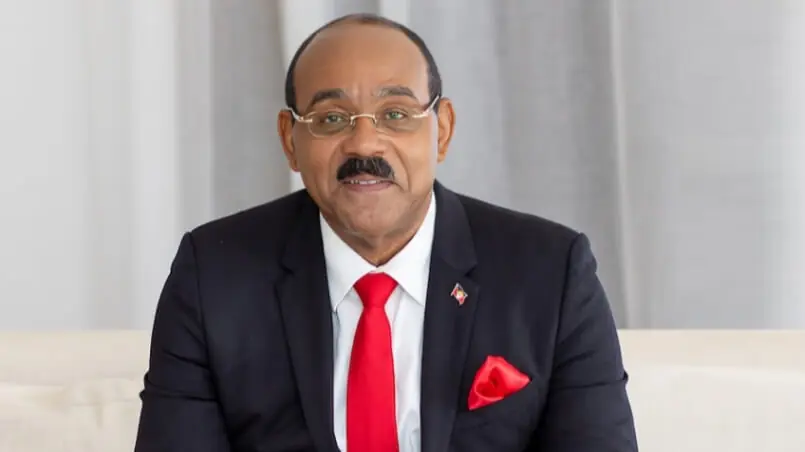UN initiates hearing, questioning Israel’s occupation of Palestinian territories
The United Nation’s court, which is the organisation’s highest legal authority is about to initiate a hearing on Monday, which will look at Israel’s occupation of lands which have been claimed for setting up a Palestinian State.
19th of February 2024

The United Nations court, which is the organization’s highest legal authority is about to initiate a hearing on Monday, which will look at Israel’s occupation of lands that have been claimed for setting up a Palestinian State.
The 57-year occupation is one of the most controversial geopolitical topics in the world and will now be questioned in terms of legality by a panel made up of 15 international judges, who will also consider the core of the Israel-Palestine conflict for context, before delivering their judgment.
The International Court of Justice (ICJ) will be holding the 6-day hearing, which is expected to have international attention as multiple nations are expected to participate in the proceedings. This is primarily down to the fact that the Israel-Hamas conflict continues to escalate with each passing day and the issue in general is an important topic of discussion internationally since any development is expected to have far reaching effects on the world.
Interestingly, even though the Israel-Hamas war has the entire world’s attention, it will not be on the agenda for the hearing, as the proceedings are going to be centered on Israel’s occupation of the West Bank, Gaza and east Jerusalem.
Palestinian representatives spoke to reporters on Wednesday, informing them that they are slated to speak first at the hearing on Monday and will be arguing that the Israeli occupation of Palestinian territories violates three key tenets of international law, rendering it illegal.
The legal team went on to add that Israel violates the prohibition on territorial conquest, as it has annexed large portions of land, thus going against the Palestinian’s right to self-determination, subjecting Palestinians to discrimination in the process.
Omar Awadallah, the head of the U.N. organizations department in the Palestinian Foreign Ministry, stated the following, “We want to hear new words from the court. They’ve had to consider the word genocide in the South Africa case. Now we want them to consider apartheid.”
Awadallah made it very clear that an advisory from the court is of great significance as it, “will give us many tools, using peaceful international law methods and tools, to confront the illegalities of the occupation.”
The ground reality of this situation is that even though the court will take a few months to issue its ruling, it will impact the aid headed the way of Israel as well as support for Israel’s approach in Gaza drastically. This is although the court’s ruling is not going to be legally binding.
Yuval Shany, who happens to be a law professor at the Hebrew University and a senior fellow at the Israel Democracy Institute, stated the following, “The case will put before the court a litany of accusations and allegations and grievances which are probably going to be uncomfortable and embarrassing for Israel, given the war and the already very polarized international environment.”
Israel is expected to respond with a written statement as its representatives are not expected to speak at the hearing. Israel will likely justify its approach on the grounds of the security risk that the nation faces while highlighting the lack of a peace deal which makes the situation more volatile for it.
The attack conducted by Hamas on the 7th of October is going to be a very apt example of the risks that Israel deals with on a daily basis. The fact that 1,200 people across southern Israel were killed and 250 hostages were taken by force is inexcusable and does explain Israel’s reaction to a certain degree.
Yet, Palestinians have presented the argument that the occupation is not a defensive step to ensure Israel’s safety but a means to facilitate Israel’s apartheid system which deems Palestinians to be second class citizens and looks to maintain Israel’s grip from the Jordan River, up till the Mediterranean Sea, an accusation that Israel has rejected outrightly.
The UN General Assembly voted in favour of sending the case to the world court in December 2022, seeking a non-binding advisory that could alleviate tensions between the two sides, or possibly quell one of the longest running disputes in the world.
While fifty nations abstained, Palestinians pushed for the measure and Israel stood staunchly against it. Israel’s UN Ambassador Gilad Erdan deemed the decision “outrageous,” the UN “morally bankrupt and politicized”, calling the decision illegitimate.
In 1967, during the Mideast War, Israel managed to capture the West Bank, east Jerusalem and the Gaza Strip. Palestinians are firm in the belief that all three areas should be reserved to form a Palestinian state. Israel has countered the narrative by stating that the West Bank is a disputed territory and its future is entirely dependent on negotiations.
As a result, Israel has built 146 settlements which became the home of 500,000 Jewish settlers who have grown in number by 15% in the last five years.
A similar situation occurred in East Jerusalem, which Israel considers to be its capital and has become the home of 200,000 settlers in the process. It has been suggested that Palestinians in the territory are regularly subjected to discrimination and are unable to build new homes or expand old ones to meet their needs.
According to the international fraternity, the settlement is illegal, as an overwhelming majority of the nations in the world seem to agree on this point. This is precisely why the court has been approached, to deem the occupation illegal, although this will not be the first attempt to do so.
South Africa will also play its part in this high-level discussion and is responsible for filing a case that accuses Israel of committing genocide in Gaza, an accusation that Israel has denied profusely.
South African representatives are scheduled to speak at the forum, to delineate their thoughts and are expected to make a comparison between Israel’s policies in Gaza and the South African apartheid regime which allowed a minority of white citizens to rule over the nation, all the while restricting black citizens to “homelands” until the regime came to an end in 1994.
Latest
- US withdraws advisory on St. Kitts and Nevis, gives green flag to its Citizenship Programme
-
CARIFTA Games 2026 set to take place in Grenada from April 4-6 -
West Indies Women’s Cricket team announced for T20 series against Sri Lanka in Grenada -
Man arrested in connection with murder of 14-year-old girl in Essequibo Coast -
Randy Baltimore nominated for St Philip’s North By-Election after Yearwood resignation
Related Articles


1st of December 2024

8th of December 2024

30th of November 2024

28th of November 2024

25th of November 2024


24th of November 2024
